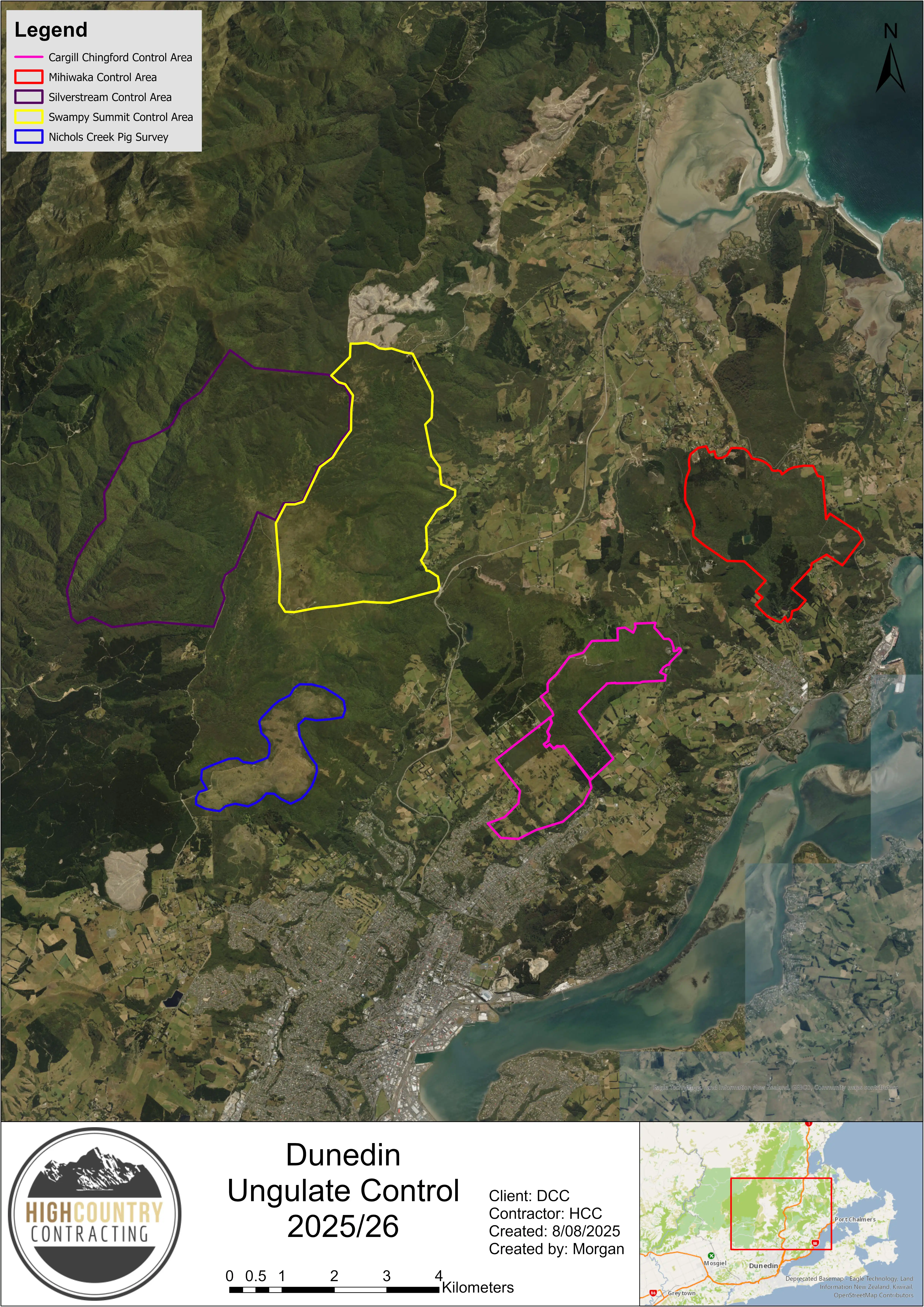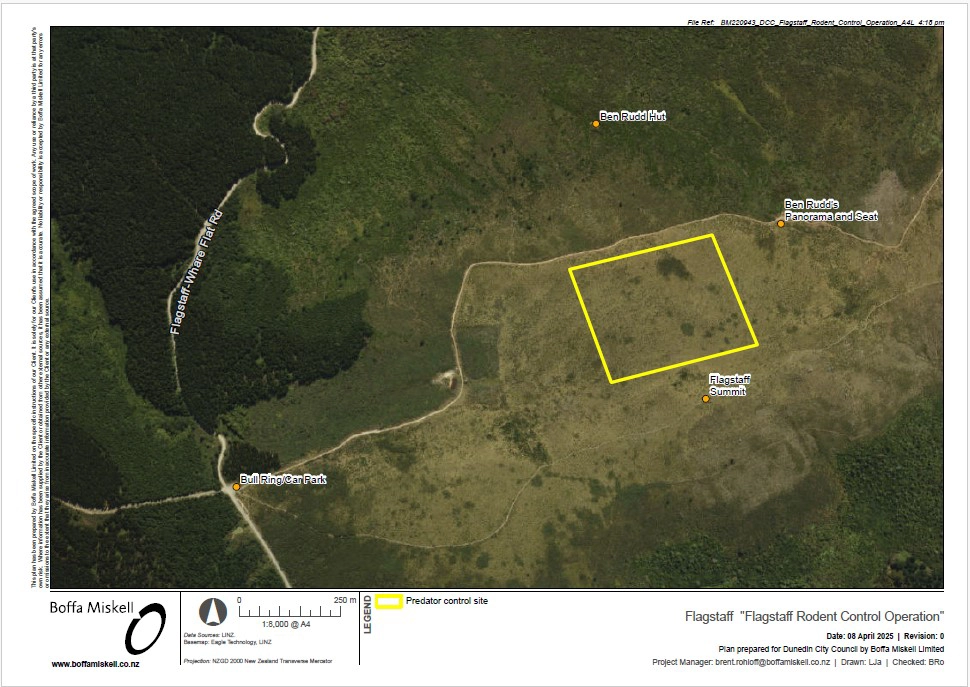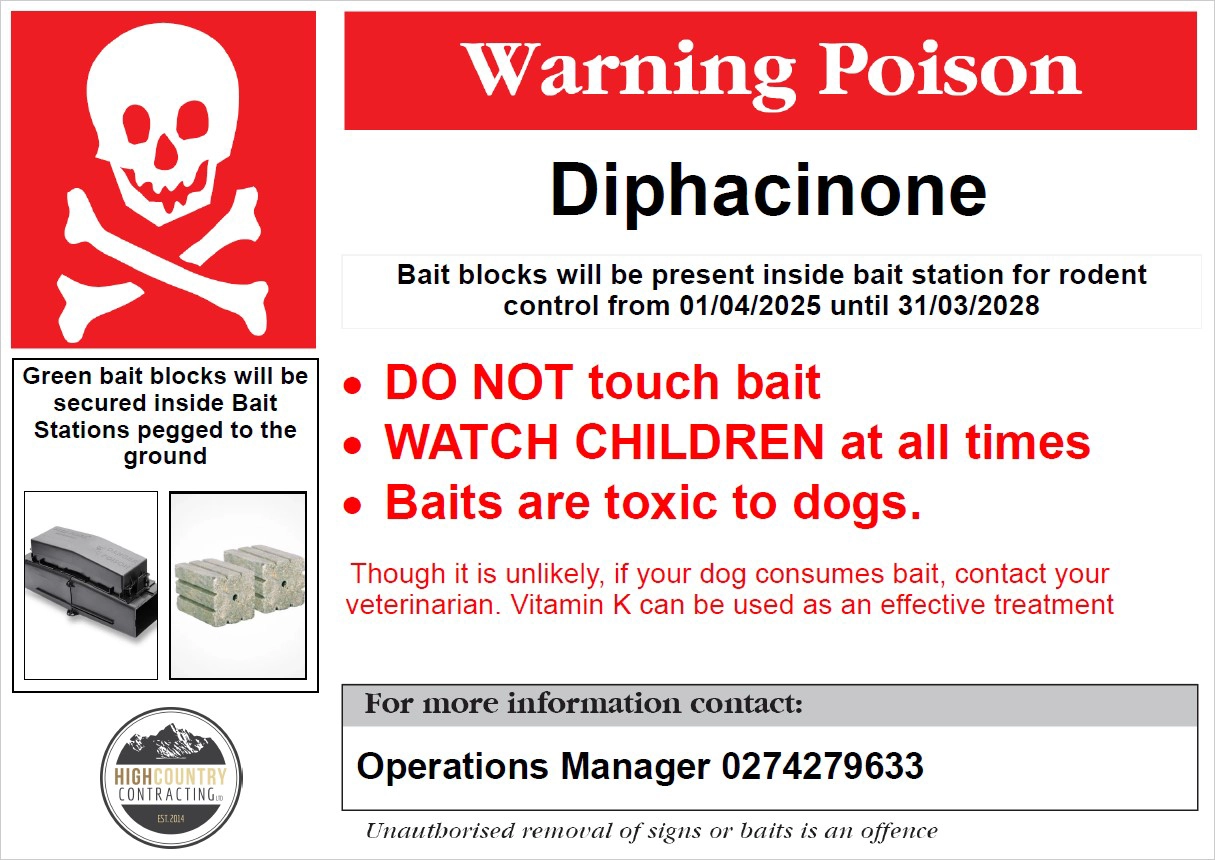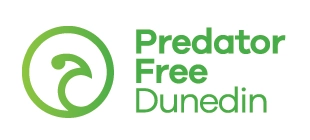Information on pest control activities in Dunedin.
-
Pest control in our parks and reserves
The Dunedin City Council's (DCC) pest control in our parks and reserves is conducted to protect the native vegetation and native fauna from browsing, die-back and predation.
-
Council-led pest control programmes
The DCC Parks and Recreation pest control contractors currently control the following pests in DCC's parks and reserves:
- Brushtail possum
- Rodents (ship rat and Norway rat)
- Mustelids (Stoat, Ferret, Weasel)
- Rabbit
- Goat
- Pig
- (European) wasps
Pest control operations are focused on areas with high-biodiversity values (such as native sea-bird colonies) or, in habitat that could support the re-establishment of native species that are vulnerable to predation. Targeted pest control is also conducted if there may be a risk to human safety (such as wasp colonies).
-
Collaborative pest control programmes
DCC is one of three Predator Free Dunedin (PFD) delivery partners that are working collaboratively to create a predator free Dunedin by 2050. Visit the Predator Free Dunedin website to find out more about this exciting collaboration.
As well as working closely with the two other PFD delivery partners, the DCC are managing the City Sanctuary Project. A core focus of the City Sanctuary Project is to establish a permanent, high-density multi-species (possums, rodents and mustelids) trapping network throughout Ross Creek, Craigieburn, Woodhaugh Garden, the Botanic Garden, Signal Hill, Dalmore Reserve, Chingford Park and the Town Belt. These trapping networks will be managed by a combination of DCC pest control contractors and volunteers.
You can find these trapping locations on the City Sanctuary website.
These networks will aim to reduce target pest numbers to levels that lead to a positive impact on our native flora and fauna. Monitoring of pest numbers and the health of the flora and fauna will also be conducted to measure the success of the control programme.
The traps being used are tree-mounted kill traps that are set and baited in a way that is safe for your pets and native wildlife. These are all labelled with a City Sanctuary trap label. If you see one of these traps, please do not touch them. If you have any concerns about the traps in these reserves, call the DCC or email info@citysanctuary.org.nz.
If you would like to know more about the City Sanctuary Project visit the City Sanctuary website.
DCC Ungulate Control Operations 2025
6 December - 24 December 2025
Dunedin City Council (DCC) has contracted High Country Contracting to complete ungulate control to protect native forest in several areas around Dunedin. This pest control effort is crucial for preserving the health of our ecosystems, which are home to diverse native flora and fauna. Ungulate damage also has an enormous impact on recreational reserve use.
Ground hunters will use indicating dogs, firearms, thermal imaging technology and drones (where consented to do so) between 6 December and 24 December 2025, weekdays only, during first light or during the hours of darkness. The target species are:
- Feral Goats
- Wild Cattle
- Pigs
- Possums
This operation will be done in accordance with the Animal Welfare Act 1999 (link to external website, new window).
The reserve areas indicated in the image remain open to the public, but caution is advised. Signage will be mounted at all main entrances prior to commencement of operations. Road cones and ‘Shooting in Progress’ signs will be in place at all main entrances when an operation is taking place.

Affected areas:
| Where | When |
|---|---|
| Swampy Summit | 6 December - 24 December 2025 |
| Silverstream | 6 December - 24 December 2025 |
| Nichols Creek | 10 November - 5 December 2025 |
| Mihiwaka | 10 November - 5 December 2025 |
Operations will also traverse adjoining private land where landowners have given consent to operate.
Should you require further information, please contact the DCC’s Pest Control Contracts Manager on 021 2388 554 or High Country Contracting on 027 237 4425.
Flagstaff rodent control operation
March 2025 - March 2028
Contractors are undertaking an intensive rodent control operation across 10 hectares of the Flagstaff Scenic Reserve to help protect the native biodiversity within the area.
The operational area spans from the Firebreak Track and Pineapple Track near the top of Flagstaff and the Ben Rudd Panorama and Seat.
The control methods used are rodent snap traps and diphacinone bait blocks contained in bait boxes to ensure the safety of non-target species. Warning signs have been placed across the area with detailed information about the toxin. All devices are located off main walking tracks.
Please do not touch the control devices.


Should you require further information please contact the Dunedin City Council, 03 477 4000 or High Country Contracting 0274 427 9633.
This operation is proudly supported by Predator Free Dunedin.

